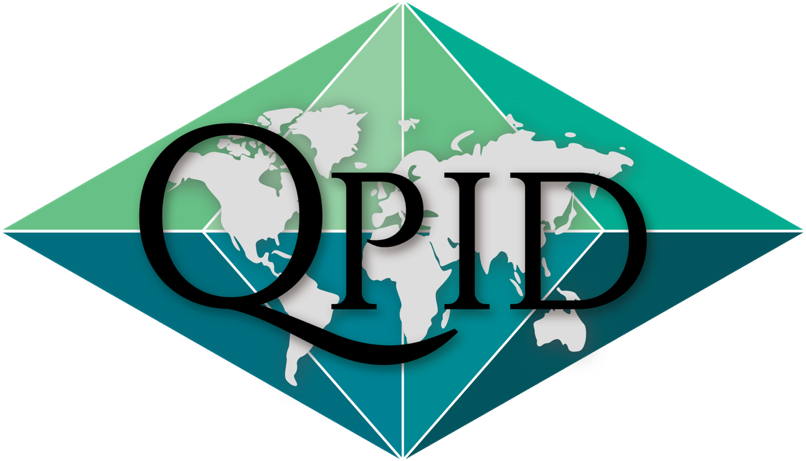A Different Kind of Voluntourist
Written By: QPID India Project Manager, Lauren D.
“Voluntourism” is a word we all know too well. To most, it is a dirty word which comes with a variety of criticisms for being an industry which often does more harm than good. My first experience with this industry was in 2011 when I was a student at a Catholic Secondary school. One day, my guidance counsellor called me down to his office. I was not a student in the habit of creating trouble, so I was initially quite confused. When I sat in his office, he handed me a paper with the title “Dominican Encounter with Faith and Hospitality.” He said that he thought I might be an interesting candidate for this opportunity; to go to Dominican and “build schools or something.” I was initially very interested as I loved to travel. However, Mr. Ambeau was wrong about this trip. We weren’t going to Dominican to build schools like so many other “Voluntourism” trips. We were going to learn.
For 10 days, 25 students and I from our school board were split into pairs to live with “middle class” families in the small town of Consuleo. Middle class meant my family shared tight corners, unreliable electricity, and an empty fridge, yet they were the kindest, happiest, most genuine people I had ever met.
We spent our days traveling to shanty towns across the region to learn about poverty in the Dominican. We spent most of our time in batey’s; shanty camps where sugarcane cutters and their families live. Many of the workers there were Haitian, who were lured by sugarcane companies with promises of living wages and a place to call home. Many men would then go to work in the sugarcane fields, hoping to send enough money home for their families to eventually join them. Upon arrival, papers were taken making them belong to the sugarcane companies, and wages were miniscule.
One shanty village I remember quite clearly was built on top of a garbage dump. Meals were found by rustling through the tonnes of garbage in their own backyard. Homes were made out of garbage. Children’s toys were garbage. We spoke to one woman whose daughter died from drinking sour milk. It has been six years since I heard that story, and I will never forget the face of the one who told it.
We would spend our nights debriefing our days, and occasionally we would have a guest speaker come by. One night we had two sweat shop workers speak to us. One thing they said really resonated with me; they asked us to never boycott companies which use sweat shops, as then they would be out of work without anywhere else to go. This statement could go into a deeper debate about consumer power, ethics, etc., but this statement taught me that perspective matters.
Out of the six students from my high school that went on this trip, four of us are in a development program at a variety of universities, all with hopes of a career in the development field. For all of us, this trip is the reason why.
The focus of the trip is not to go, build a school, and leave, feeling like you have done your good for the world. The focus is to learn. To absorb. To light a fire under each of us so that we can do more than “Voluntour.” To want to learn more to be able to make tangible change in the developing world.
Although there could be many critiques of a trip such as this, all I know is that if it wasn’t for the Dominican Encounter with Faith and Hospitality, I would not be studying global development at Queen’s University. For that, I wonder if maybe we should rethink the way voluntourism trips run, to find a way to make trips like this do more good than harm.
